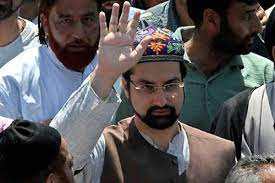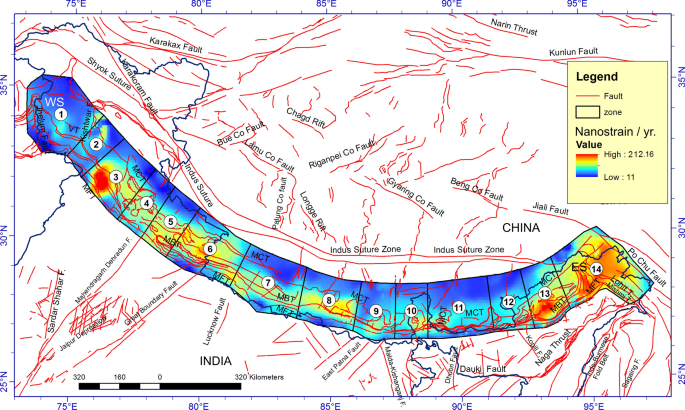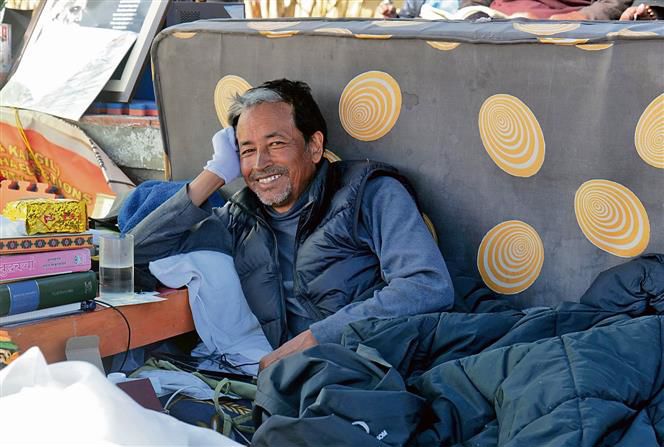 Cold wave tightened its grip across Kashmir as minimum temperature dropped at most places in the Valley, with Srinagar recording a low of minus 5.5 degree Celsius last night, officials said on Friday.
Cold wave tightened its grip across Kashmir as minimum temperature dropped at most places in the Valley, with Srinagar recording a low of minus 5.5 degree Celsius last night, officials said on Friday.
On Friday—the third day of 40-day-long harshest winter period called ‘Chillai-Kalan’—the Dal Lake in Srinagar and most other water bodies in the Valley were seen partially frozen. “The maximum temperature recorded in Srinagar on Friday was 8.1 degree Celsius while the minimum was minus 5.5 degree Celsius,” a Meteorological department official here told Kashmir Post.
He said Qazigund and Pahalgam froze at minus 4.8 degree Celsius, Kupwara at minus 5.4 degree Celsius, Kokernag at minus 3.3 degree Celsius and Gulmarg at 2.2 degree Celsius.
He however said there was overall improvement in night temperatures in Jammu region.
“Against Thursday’s 5.7 degree Celsius, the lowest night temperature rose to 9 degree Celsius in Jammu on Friday,” he said.
“The minimum temperatures throughout Kashmir and Ladakh region remained several notches below the freezing point despite partially cloudy weather,” the MeT official said.
He said weather is likely to remain cloudy and dry in the state during next 24 hours and “this could bring some improvement in night temperatures.”
“There is however possibility of light to moderate rains and snowfall at isolated places across the state,” he said.
Leh was the coldest town in the state at minus 8.2 degrees Celsius.
Meanwhile, Kashmir is facing a major power crisis this winter, with Srinagar city worst-hit where unscheduled power cuts have grown severe over the past one month, giving tough time to people, especially during mornings and evenings.
Reports said some villages too are reeling under darkness as they are supplied with only few hours of power.
Meanwhile, reports said people across Kashmir Friday made special prayers for rains and snowfall.
Kashmir is presently witnessing longest dry spell in a decade.
“Snow during Chillai Kalan freezes and lasts longer. It is this snow that adds to glaciers of Kashmir and replenishes perennial reservoirs that feed rivers, streams and lakes in Kashmir during summer months. Any snowfall after Chillai-Kalan does not last long,” said an official.
In December, the mean number of rainy days in Kashmir is 3.5 while mean maximum temperature is 8.8 degree Celsius and mean minimum temperature is minus 1.6 degree Celsius.
Official data reveals that highest maximum temperature recorded in December is 16.6 degree Celsius, in 2009.
Chillai-Kalan begins from December 21 and ends on January 31 next year. During this period, chances of snowfall are frequent and maximum. Chillai-Kalan is followed by a 20-day long Chillai-Khurd that occurs between January 31 and February 19 and a 10-day long Chillai-Bachha which is from February 20 to March 2.






